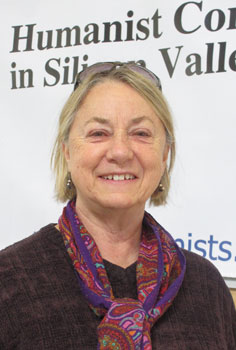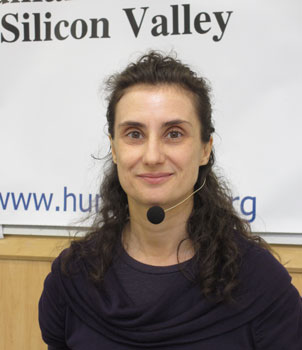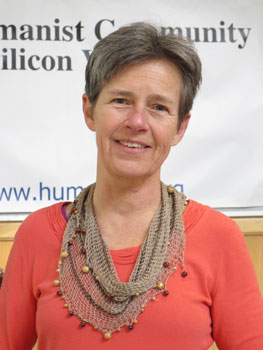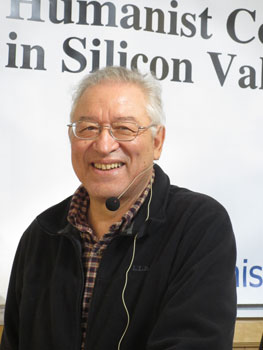Roberta Ahlquist
February 24, 2013

Roberta Ahlquist has been a Professor in the College of Education at San Jose State for over 35 years. She has taught a variety of courses including Multicultural Foundations of Education, Educational Sociology, Educational Psychology, History of Education, Educational Philosophy and Critical Issues in Education. She supervises prospective high school teachers. Her areas of research include critical race theory, countering hegemony and whiteness, unlearning racism, critical multicultural education, indigenous education and postcolonial studies. Her most recent publication which is available on Amazon is: Assault on Kids (Counterpoints: Studies in the Postmodern Theory of Education) by Paul C. Gorski (Author), Roberta Ahlquist (Author, Editor), Theresa Montaño (Author, Editor), Paul Gorski (Editor).
In addition, Ahlquist is President of a non-profit multicultural resource center, Our Developing World, in Saratoga, California, that reaches out to teachers at all levels of schooling, to provide resources and alternatives to the dominant mainstream curriculum that most students receive in schools. She sees herself as a social justice educator and activist.
Her presentation will include a discussion of the pros and cons of charter schools and why they have become so popular.
Ahlquist grew up in Great Falls, Montana, where she became involved in research about the Blackfeet Indians in Montana. She has been a visiting professor in Brisbane, Queensland, Australia, where she shared anti-oppressive curriculum for two programs, the Udgeroo Unit for Aboriginal Studies, at Queensland University of Technology, and the University of Queensland, where she gave workshops, forums and presentations on white privilege and related topics. She also did research in the outback and co-authored several articles for international publications about Australian teachers teaching in the outback.
Ahlquist was a Fulbright Scholar in 2006 to Finland where she taught a course titled “Teaching for Worlds of Difference” at the University of Turku in Turku, Finland. While is Finland she presented workshops and gave paper presentations at the University of Tampere, at Rouma, a feeder university, and Inari, Finland, in Lapland, at the Institute for Saami Studies. She recently returned from 2012 research in the Middle East, addressing questions for U.S. teachers about the extent to which neo- colonialism continues to play a role in schooling. She is a long-time union and peace activist.
Ahlquist last spoke to the Humanist Community in September 2012, and we are delighted to have her return.





